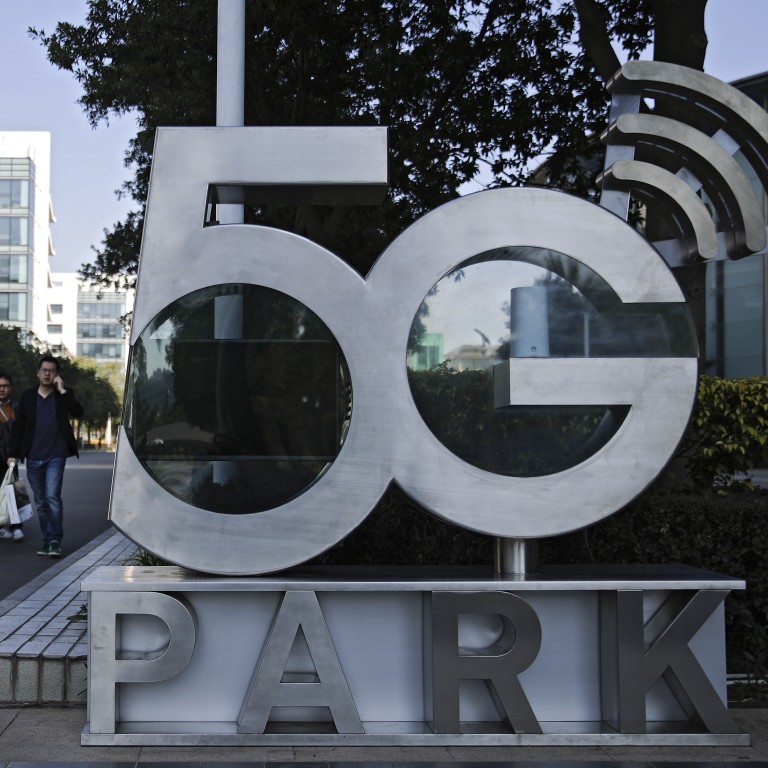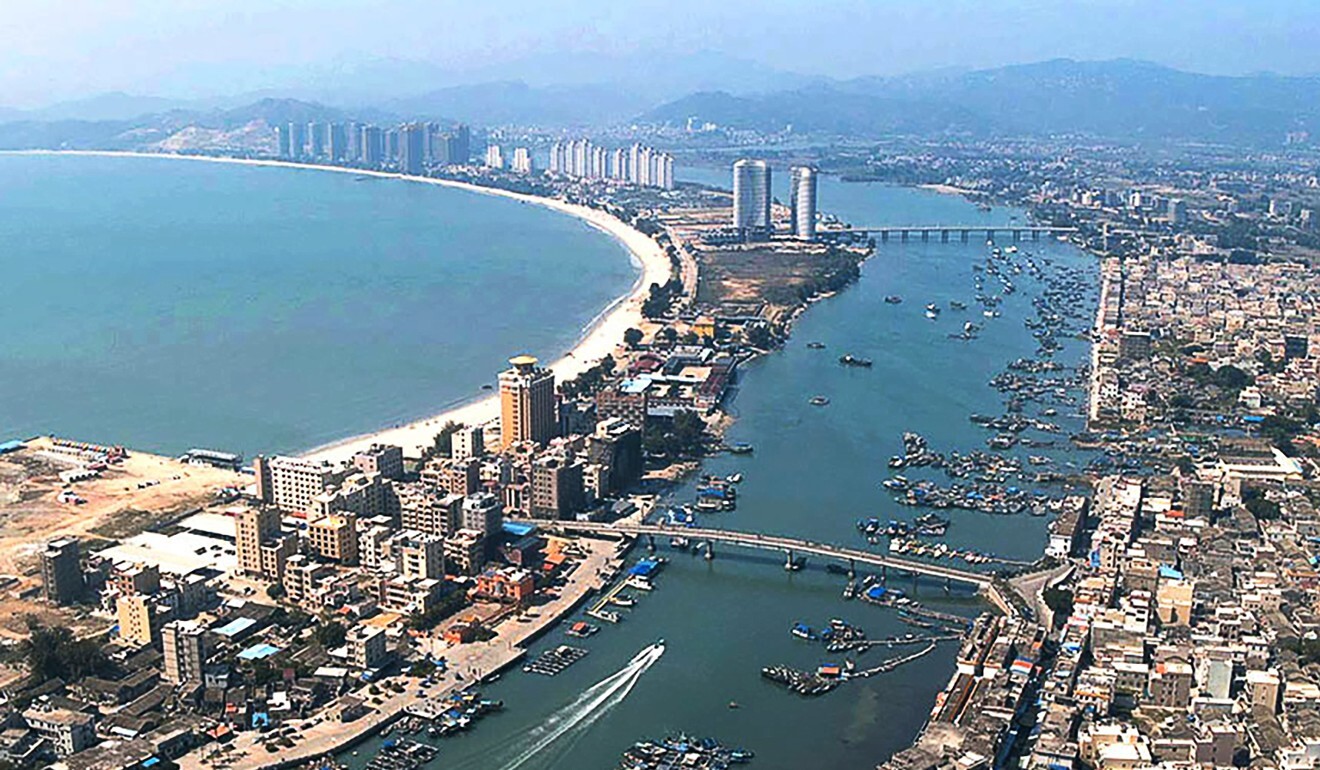
Huizhou draws 5G and robotics investments of US$714 million as it seeks to upgrade role in Greater Bay Area
- Shenzhen Sinlikon Supply Chain Management will develop an industrial estate for 5G technology and services
- Hit Robot Group will set up research institutes and advanced labs
The city has signed an agreement with Shenzhen Sinlikon Supply Chain Management to develop an industrial estate that will specialise in 5G telecommunication technology, according to Xinhua.
It has also succeeded in drawing China’s leading robotics firm, Hit Robot Group, to set up a research and development centre.
Each project will entail an investment of 2.5 billion yuan.

The city’s economy hit a blip over the past two years after its two mainstay sectors – electronics and petrochemical – were unable to regain their growth momentum amid weakening external demand and rising salaries.
South Korea’s Samsung Electronics closed its plant in Huizhou last year, relocating production to Vietnam and India to save labour costs.
The plant, which opened in the 1990s used to be a major production base for the Korean electronics giant in China, manufacturing MP3 players and smartphones.
TCL, a leading Chinese television maker, is headquartered in Huizhou.
Xinhua said the two new projects would generate annual output worth 25 billion yuan, and spawn more than 1,300 technology start-ups when they are in operation.
Shenzhen-based Sinlikon, an international trading company, will introduce part of its clients to the park and help Huizhou create a cluster of companies that supply 5G-related components and services. Research institutes, advanced labs and office space will be built at Harbin-based Hit Robot’s facilities.

01:57
Construction begins for major sea crossing to link Shenzhen and Zhongshan in Greater Bay Area
The two projects will showcase Huizhou’s transformation into a city powered by new technologies.
The city’s gross domestic product plunged 8.7 per cent in the first quarter of this year because of the Covid-19 pandemic.
Huizhou borders the provincial capital of Guangzhou to the west, and Shenzhen and Dongguan to the southwest.
It is expected to benefit from substantial infrastructure investment, as spillovers from the “inner ring” bay area cities of Shenzhen and Macau, result in the setting up of manufacturing bases in the city.

